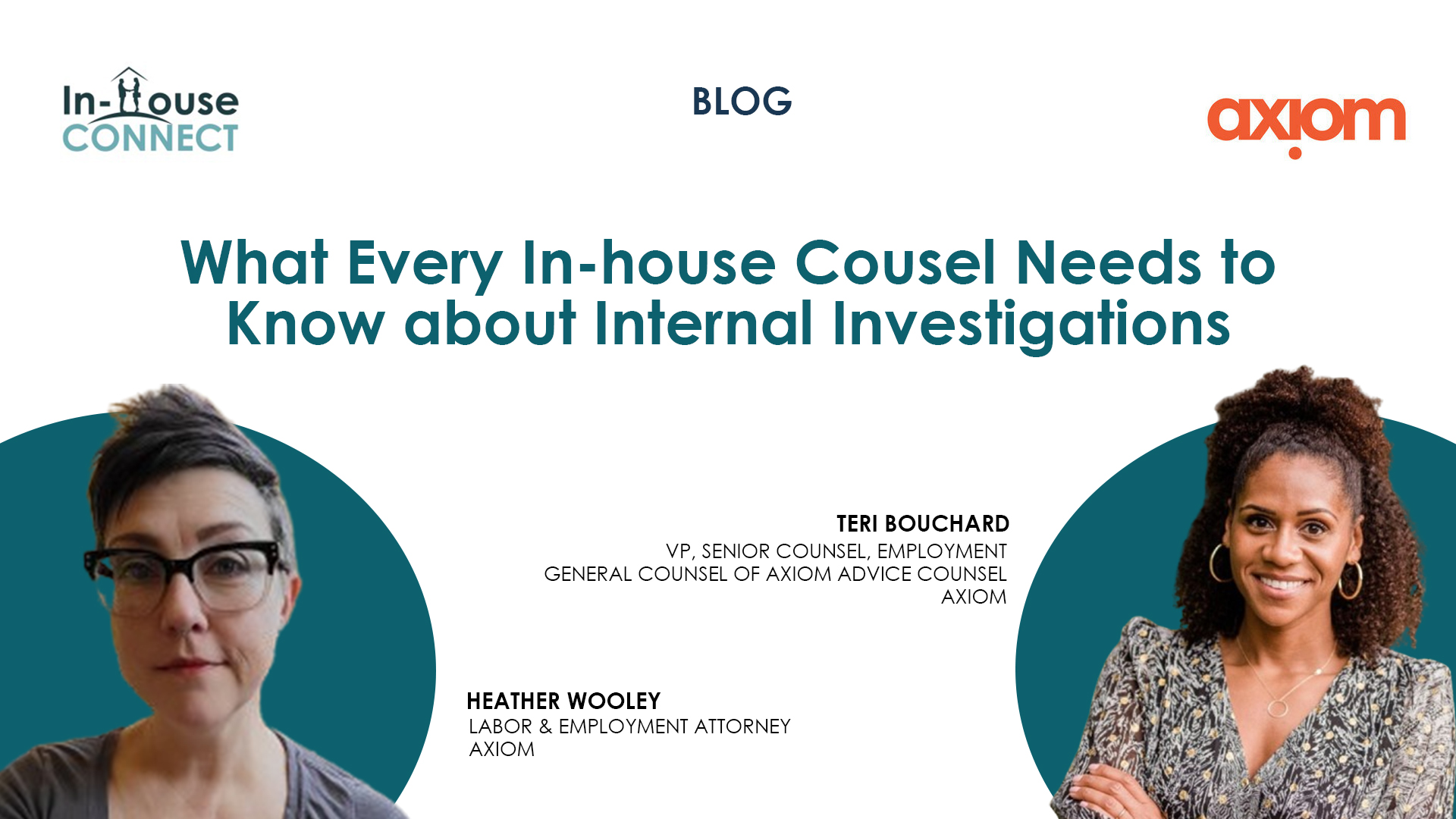In this webinar Brian Arbetter of Legal Bill Review emphasizes the importance of managing relationships with law firms. Ensuring that your legal partnerships are based on transparency and fairness is crucial for both cost control and long-term success. By focusing on key strategies to manage these relationships with law firms effectively, you can safeguard your budget while ensuring quality legal representation.
Negotiating Billing Amounts and Handling Overbilling
Including a clause in your guidelines that specifies adjustments for practices like block billing—such as a 20% reduction—can set clear expectations and provide a standard method for addressing billing discrepancies. This proactive approach helps manage your legal spend without straining relationships with law firms.
When discussing overbilling, it’s important to confront tactics like vague descriptions and duplicate charges. Insist on detailed billing entries and make it clear in your guidelines that vague descriptions and duplicate charges will not be accepted. By fostering open communication, you can maintain transparency and ensure that your relationships with law firms are based on mutual understanding and fairness. If you want to know more about overbilling check out this blog.
Distinguishing Between Billable and Non-Billable Tasks
Another crucial aspect of managing relationships with law firms is clearly defining what constitutes billable versus non-billable tasks. Your billing guidelines should explicitly outline which tasks are billable to avoid any confusion and prevent overbilling.
For instance, tasks like thinking about a case outside of office hours or during personal time should not be billed. Provide specific examples in your guidelines to clarify these distinctions. High-cost attorneys should not be billing for routine tasks like document redaction or basic legal research, which could be performed by junior staff at a lower rate. However, ensure that junior staff do not bill for training time on your projects.
Managing Travel Time and Rate Requests
Managing travel time and rate requests is another key area where you can control costs while maintaining strong relationships with law firms. Assess whether travel genuinely prevents an attorney from performing other work. If an attorney can work during travel, it may not be reasonable to bill travel time at the same rate as active legal work. Setting a separate travel rate in your billing guidelines can help manage this aspect effectively.
It’s also important to establish clear procedures for reviewing rate requests and handling rate increases. By pushing back against rate hikes or advocating for fixed rates, you can minimize unexpected increases in your legal bills. When discussing rate changes, engage in a collaborative dialogue with your law firms to focus on fair compensation based on performance and market standards.
Managing relationships with law firms requires a strategic approach that emphasizes clear communication and transparency. By setting comprehensive billing guidelines and maintaining respectful dialogue, you can effectively manage your relationships with law firms, address overbilling, and foster mutually beneficial partnerships. This approach not only helps maintain a harmonious working relationship with law firms but also significantly reduces unnecessary legal expenses, keeping your legal spend within reasonable limits.
Did You Miss This Webinar? You can watch it now via IHC On-Demand!







